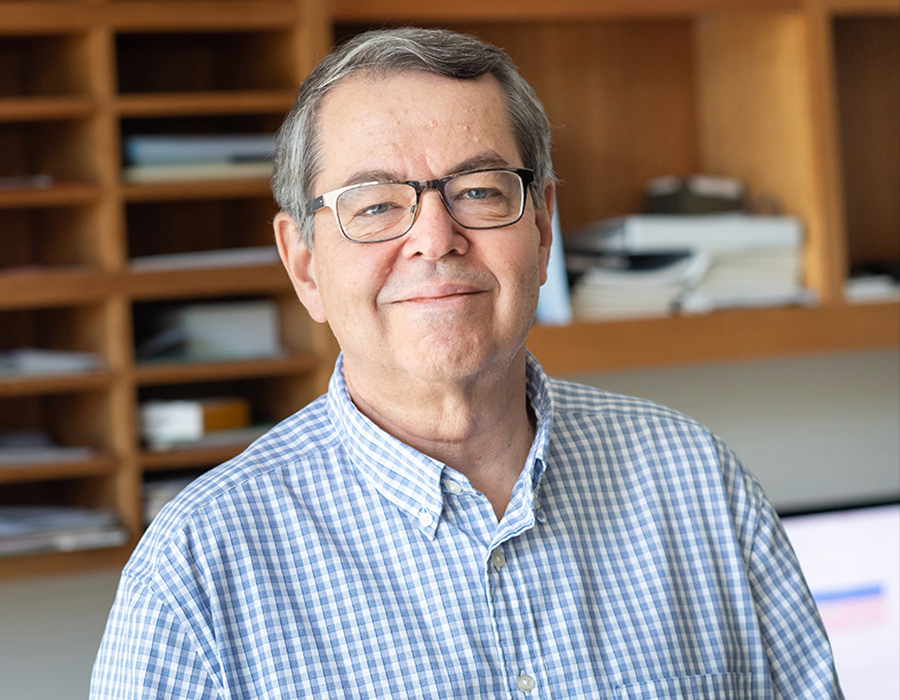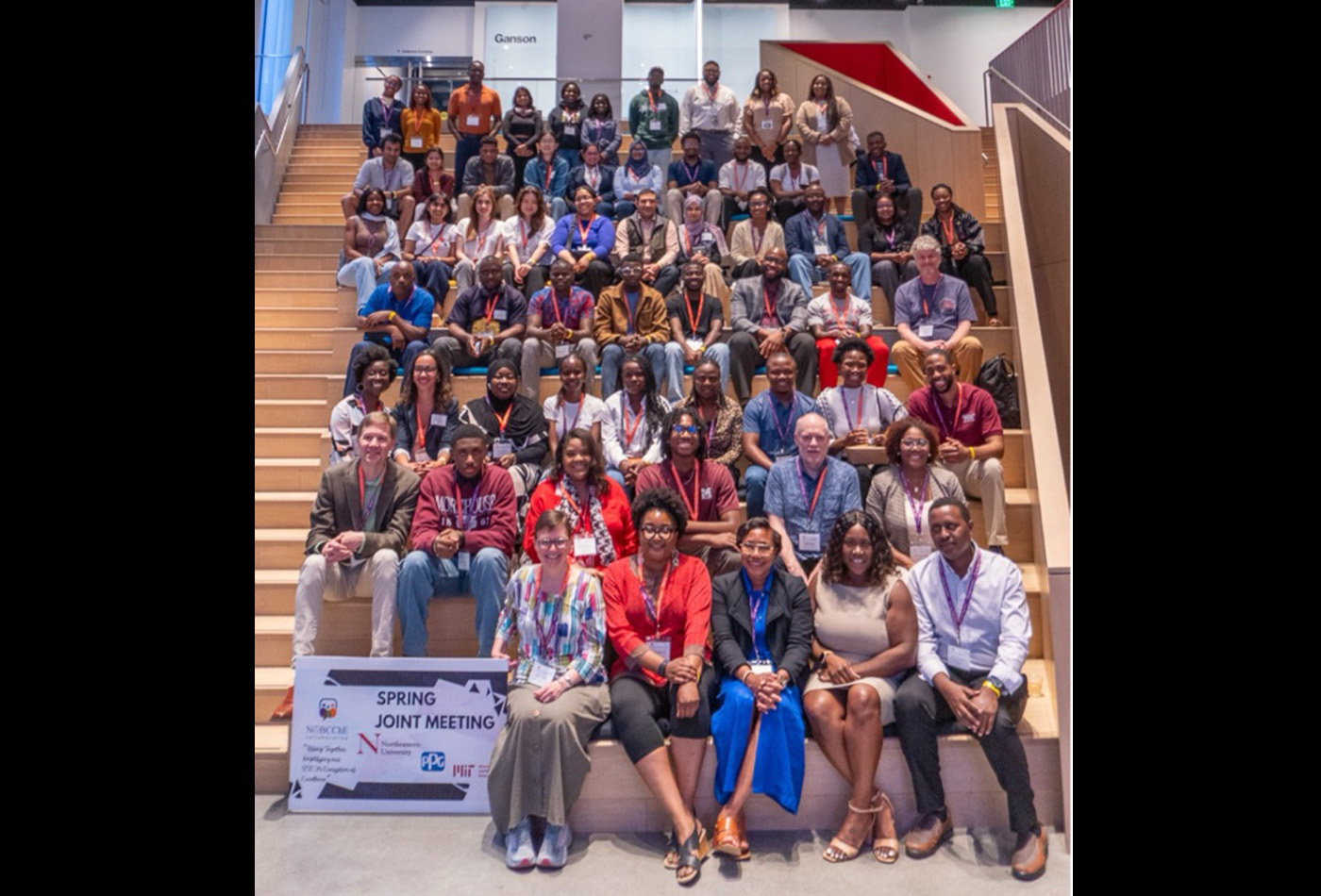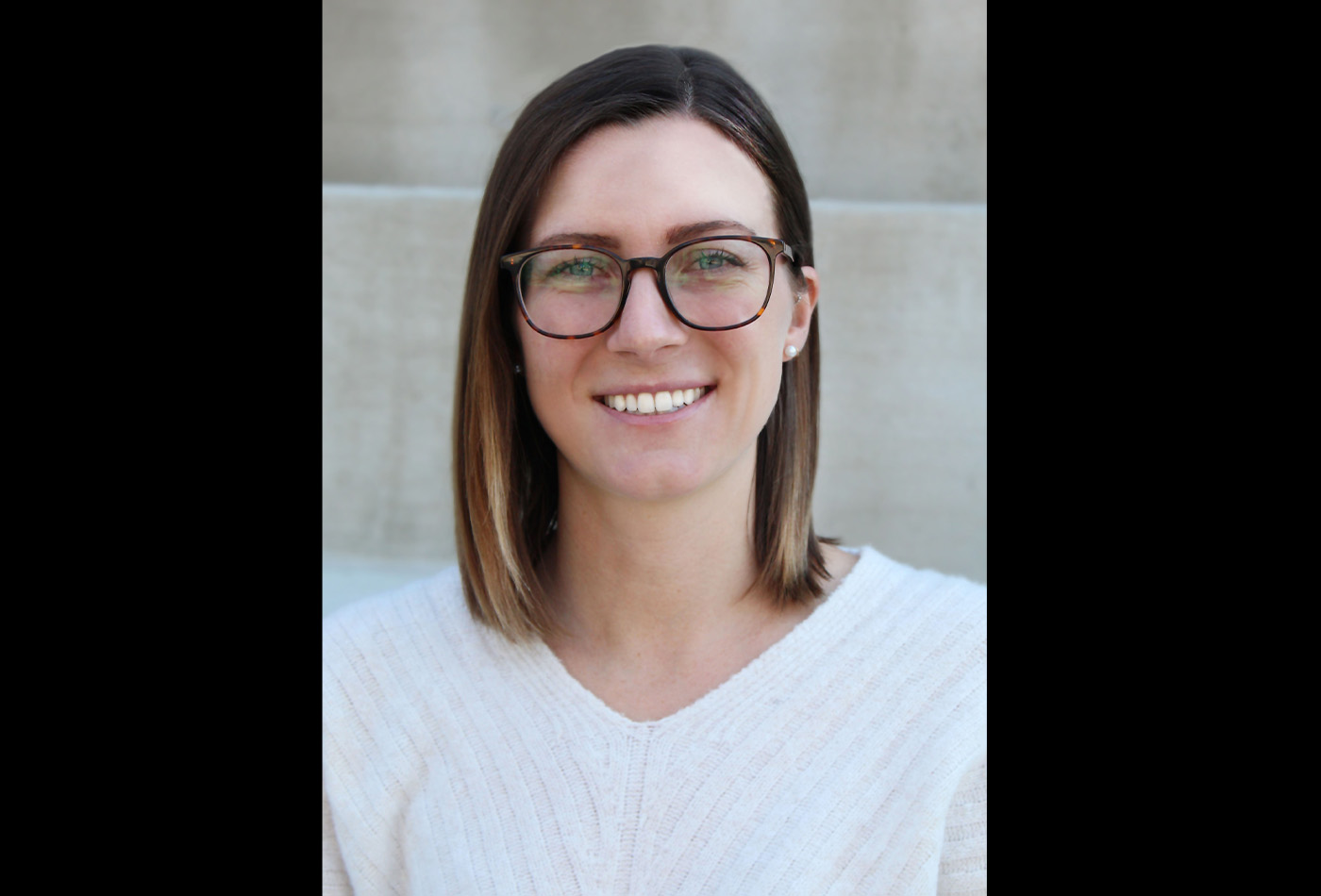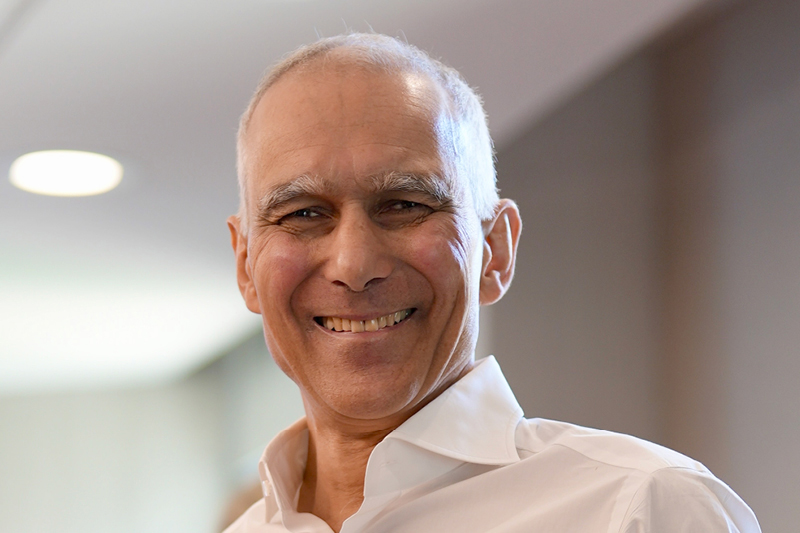Buchwald named recipient of the 2021 Award for Creativity in Molecular Design & Synthesis
This award is given biennially in recognition of broad scoping impact in the areas of chemical synthesis, method development, and beyond.
Adapted from a press release from the American Chemical Society.
Camille Dreyfus Professor Stephen L. Buchwald will receive the 2021 Award for Creativity in Molecular Design & Synthesis. The award was established in 2006 by the North Jersey Section of the American Chemical Society, the third largest local section in the country. It is biennially bestowed to an individual who has demonstrated immense impact in the areas of chemical synthesis, method development, bio-organic/medicinal chemistry, pharmaceutical sciences, and/or molecular recognition.
Buchwald is considered one of the world’s most influential chemists, with a prolific career of over 500 publications, over 80,000 citations and an H-index of 161. Furthermore, he has trained more than 300 students and postdoctoral researchers. He has centered his research program on developing catalytic synthetic methodologies for bond disconnections deemed to be of greatest value to the community. Buchwald and his group have furthermore evolved these methodologies beyond their nascency into user-friendly methods with exceptional scope. His notoriety can be attributed to this combination of problem selection, conceptual advance and commitment to practicality.
Over his 37-year independent career, Buchwald’s major research areas have included Cu-catalyzed C-N and C-O coupling reactions, catalytic Cu-H chemistry, Ni-catalyzed cross-couplings, and the chemistry of zirconocene and titanocene complexes. On top of these advances, Buchwald’s development of a Pd-catalyzed C-N bond-forming reaction to synthesize anilines and aniline derivatives reigns as his most profound achievement. This class of reactions is known as the Buchwald-Hartwig amination, credited to Buchwald and Professor John Hartwig of U.C. Berkeley. First-generation catalyst systems between aryl bromide and secondary amine substrates were expanded over two decades to include (hetero)aryl (pseudo)halides coupled with amines, amides, ammonia and ammonia equivalents, N-H heterocycles, hydrazines, sulfonamides, ureas, carbamates and amidines. These transformations have been embraced broadly by the synthetic chemistry community, including materials chemistry, agrochemistry, chemical biology and natural products synthesis. In particular, the Buchwald-Hartwig amination has had an enormous impact on the pharmaceutical industry due to the prevalence of C-N bonds in small molecule drugs. It is the only reaction discovered within the past 30 years to rank within the top 20 most-used reactions by medicinal chemists. Reactions conditions amenable to process chemistry have been excecuted on multi-kilogram scale for the manufacturing routes of approved drugs, with recent examples including Verzenio® (2017), Prevymis™ (2017) and Venclexta® (2016).
One of the most significant ligand classes developed for the Buchwald-Hartwig amination are the Buchwald group’s electron-rich monodentate bulky biaryl phosphine ligands, known as “Buchwald ligands”. Guided by rigorous mechanistic studies and first principles, the design of these ligands has enabled faster reaction kinetics, more stable catalysts, milder reaction conditions and catalyst loadings as low as 0.01 mol%. The simple tunability of these ligands via ligand substituent modification has greatly contributed to the broad scope of the modern Buchwald-Hartwig amination. Importantly, these ligands have also been utilized beyond C-N bond-formation by Professor Buchwald’s group, toward new Pd-catalyzed C-O, C-S, C-C, C-CF3, C-F, and C-B bond-forming reactions. Finally, the group has disclosed numerous user-friendly, shelf-stable Buchwald ligand palladium precatalysts that are commercially-available.
Buchwald’s award comes with a $5000 honorarium that will be presented at a symposium in his honor on November 18th, 2021 at The Palace at Somerset Park in Somerset, NJ. In addition to his keynote address, research talks will be given by Professor David MacMillan (Princeton University), Dr. Seble Wagaw (AbbVie), Professor Tianning Diao (NYU), Dr. Jingjun Yin (Merck) and Professor Marisa Kozlowski (University of Pennsylvania). A poster session showcasing local undergraduate students, graduate students and postdocs will also take place. The event is being organized by the North Jersey ACS Organic Topical Group, which falls under the North Jersey ACS Section, and the event is sponsored by the ACS Division of Organic Chemistry, Bristol-Myers Squibb and Merck. Under the circumstance that the symposium cannot occur in-person, a virtual platform will be used.
Research in the Buchwald Group combines elements of organic synthesis, physical organic chemistry and organometallic chemistry to devise catalytic processes of use in solving problems of fundamental importance.





